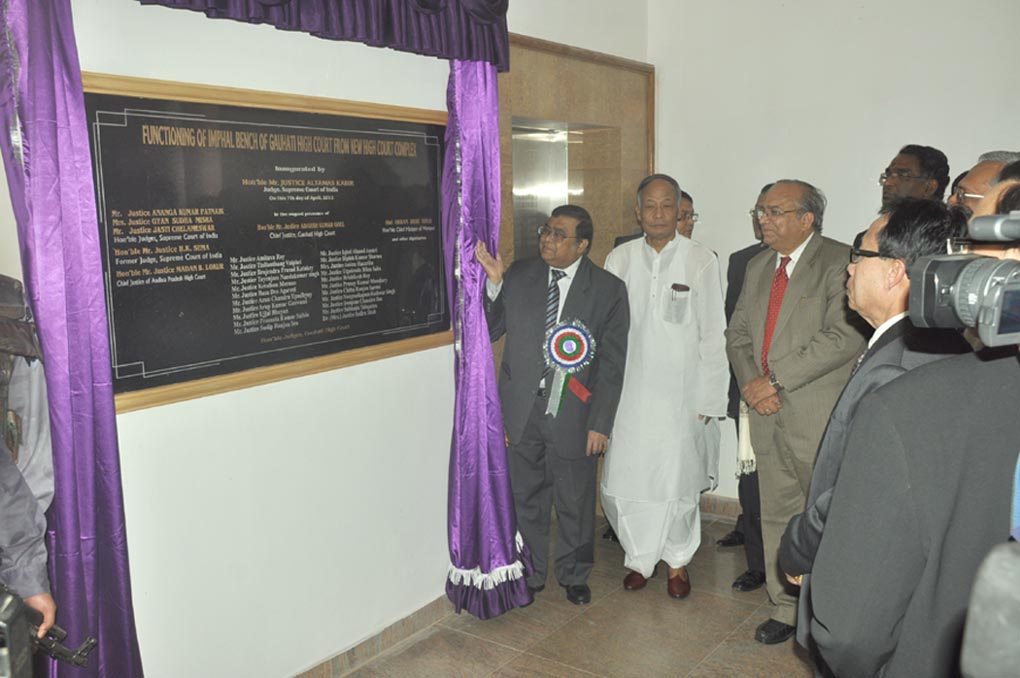
Addressing the function as chief guest, Justice Altamas Kabir said that the Legal Services Authority in fact was created for some particular reason and one of the reasons was to bring down the number of cases which are pending in the court but apart from that the other ideas the legal services authority had was to reached out to the downtrodden people to make them understand what legal aids they can get and unburden themselves.
The objective of these committees is to try and identify the problem people face in everyday life. Provision has been made for providing free legal aid. People need to know what can be done against exploitation that is why we have this legal awareness programs, the legal services authorities which are functioning all over the country, he added.
“Juvenile justice is again something which needs certain institution, for example if a child is living in the streets or an orphaned child then there should be homes for them and the act provides for all these, it is a duty cast upon the State and it is a duty which has been cast upon even our Judiciary. It is the Judiciary who has to take the initiative and see that whether the state has such homes where they can be look after and care for” he added.
The function was attended by Justice Altamas Kabir, Judge, Supreme Court of India & Executive Chairman, National Legal Services Authority as the chief guest, Justice Gyan Sudha Misra, Judge, Supreme Court of India and Justice Madan B Lokur, Chief Justice, Andhra Pradesh High Court as guest of honour and Justice AK Goel, Chief Justice, Gauhati High Court and patron-in-chief, Manipur State Legal Services Authority as president.
During the function, a newsletter of MASLSA was release by the chief guest Justice Altamas Kabir.
As a part of the program variety items by children on the theme of the workshop were presented and two documentary films produced by MASLSA were also screened.
